Art in science
Recent articles
‘Sacred objects’ display discredits Golgi and Ramón y Cajal’s rivalry: Q&A with curator Daniel Colón Ramos
A new exhibit that opened last week shows drawings from the influential duo side by side for the first time and recasts them as collaborators. It also reveals lessons for modern scholars.
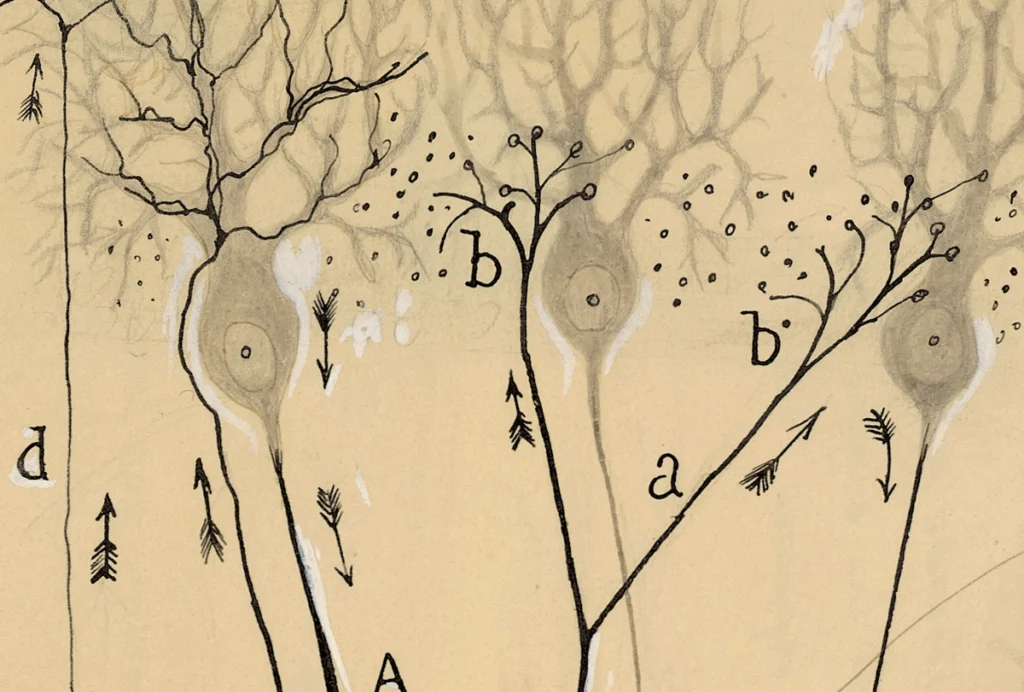
‘Sacred objects’ display discredits Golgi and Ramón y Cajal’s rivalry: Q&A with curator Daniel Colón Ramos
A new exhibit that opened last week shows drawings from the influential duo side by side for the first time and recasts them as collaborators. It also reveals lessons for modern scholars.
How neuroscience comics add KA-POW! to the field: Q&A with Kanaka Rajan
The artistic approach can help explain complex ideas frame by frame without diluting the science, Rajan says.
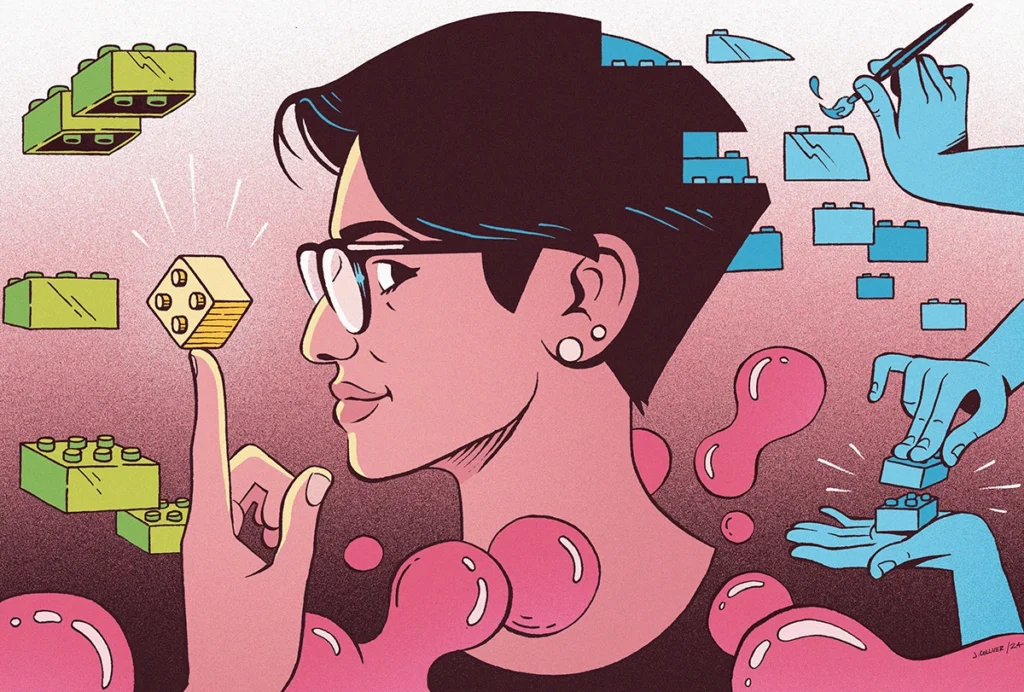
How neuroscience comics add KA-POW! to the field: Q&A with Kanaka Rajan
The artistic approach can help explain complex ideas frame by frame without diluting the science, Rajan says.
Redrawing Santiago Ramón y Cajal: Q&A with Dawn Hunter
The painter and visual arts professor spent hours recreating Ramón y Cajal’s art and poring over his sketchbooks and self-portraits in the National Archives of Spain, uncovering unappreciated aspects of his techniques and influences.
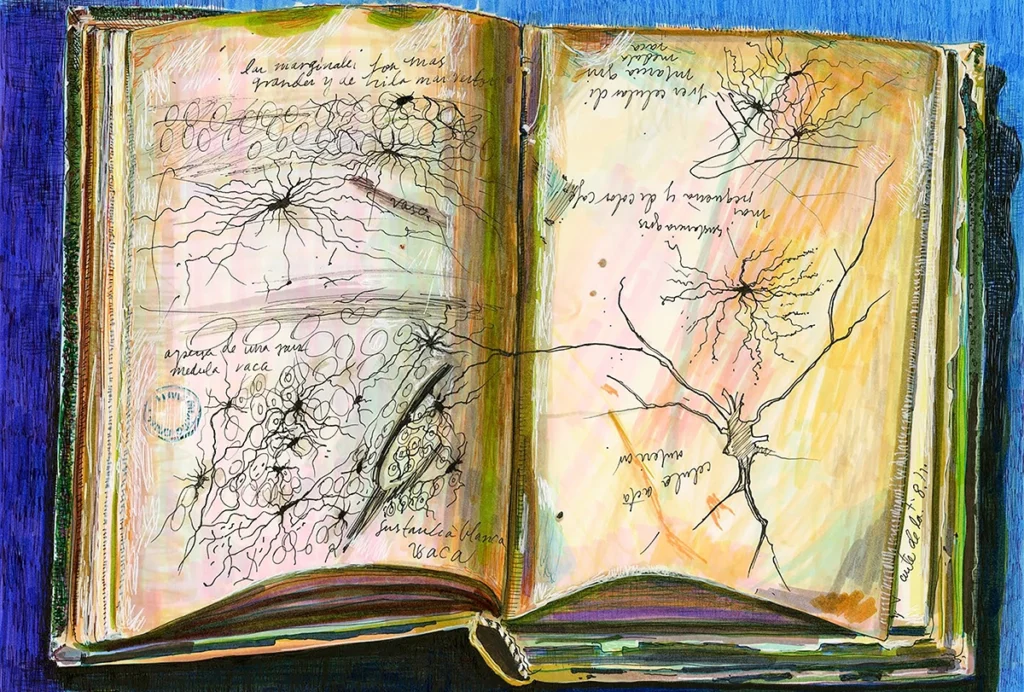
Redrawing Santiago Ramón y Cajal: Q&A with Dawn Hunter
The painter and visual arts professor spent hours recreating Ramón y Cajal’s art and poring over his sketchbooks and self-portraits in the National Archives of Spain, uncovering unappreciated aspects of his techniques and influences.
The creative brain—an edited excerpt from ‘Essays on Art and Science’
In his new book, neuroscientist Eric Kandel explores how sensory perception and higher-order cognitive processes influence our experience of art.
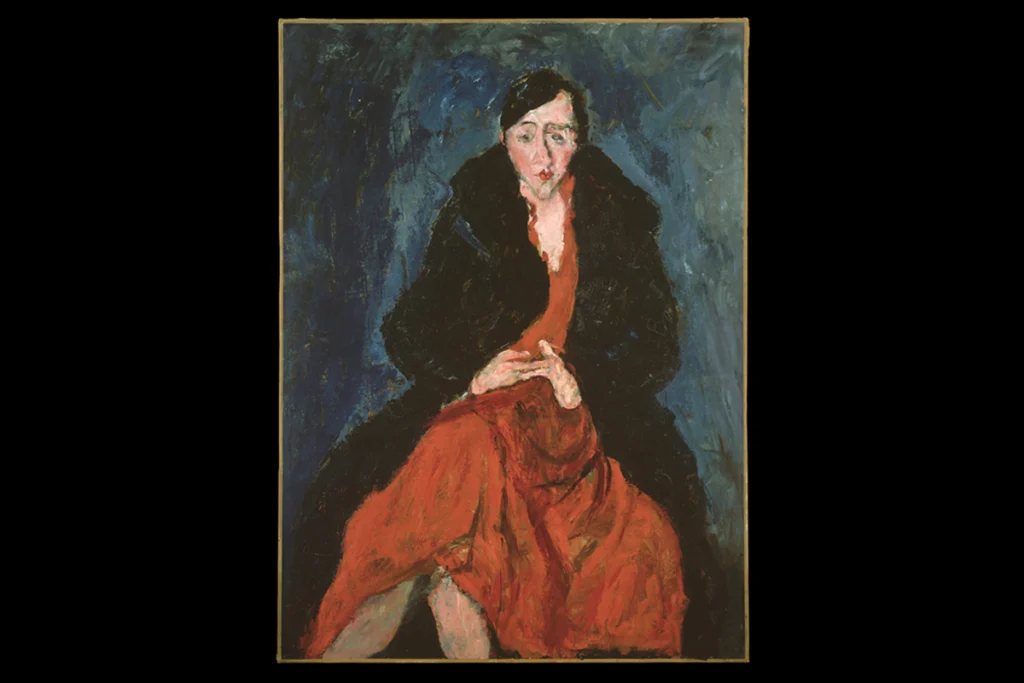
The creative brain—an edited excerpt from ‘Essays on Art and Science’
In his new book, neuroscientist Eric Kandel explores how sensory perception and higher-order cognitive processes influence our experience of art.
Unmasking Alzheimer’s disease
People with early-onset Alzheimer’s disease describe why they enrolled in clinical trials through the Dominantly Inherited Alzheimer Network (DIAN), in a new book of portrait photography.
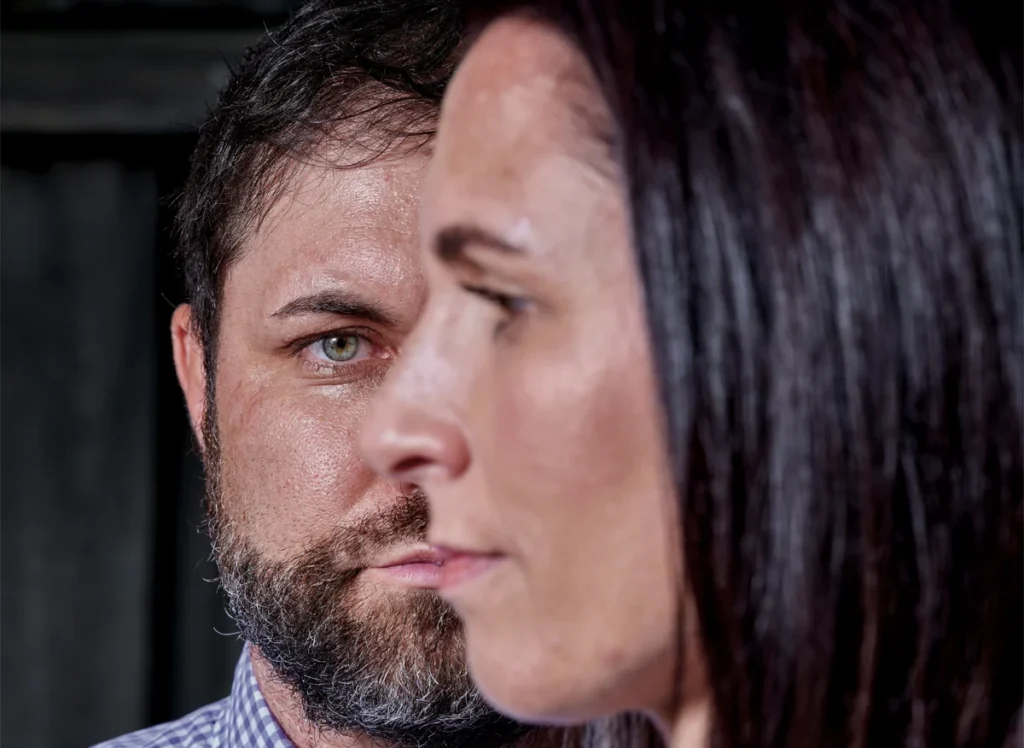
Unmasking Alzheimer’s disease
People with early-onset Alzheimer’s disease describe why they enrolled in clinical trials through the Dominantly Inherited Alzheimer Network (DIAN), in a new book of portrait photography.
Explore more from The Transmitter
Exclusive: Recruitment issues jeopardize ambitious plan for human brain atlas
A lack of six new brain donors may stop the project from meeting its goal to pair molecular and cellular data with the functional organization of the cortex.
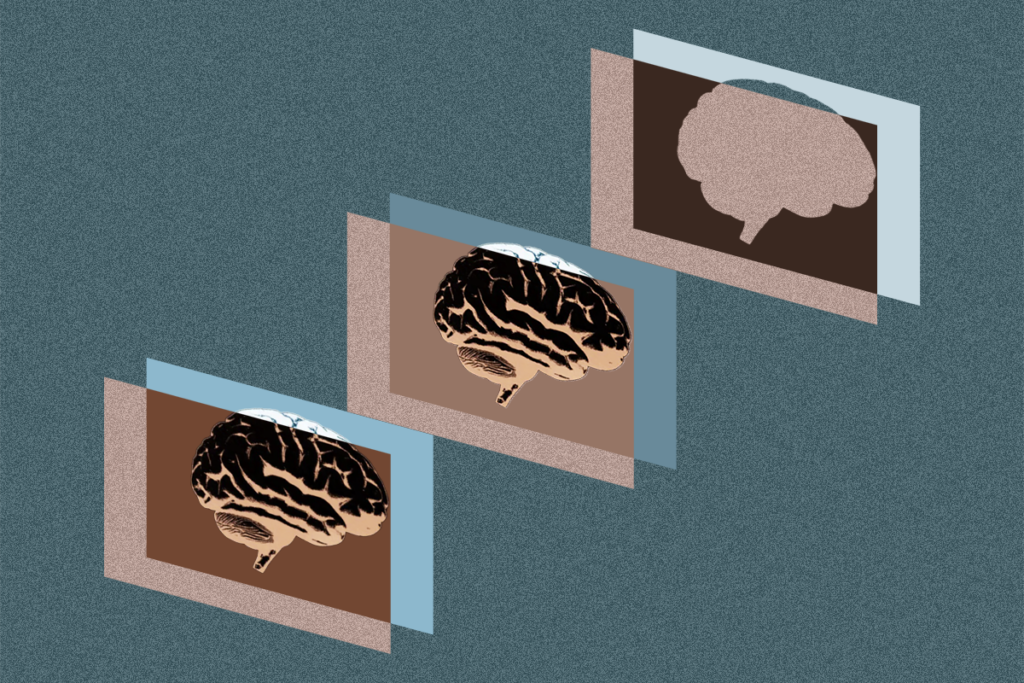
Exclusive: Recruitment issues jeopardize ambitious plan for human brain atlas
A lack of six new brain donors may stop the project from meeting its goal to pair molecular and cellular data with the functional organization of the cortex.
How pragmatism and passion drive Fred Volkmar—even after retirement
Whether looking back at his career highlights or forward to his latest projects, the psychiatrist is committed to supporting autistic people at every age.
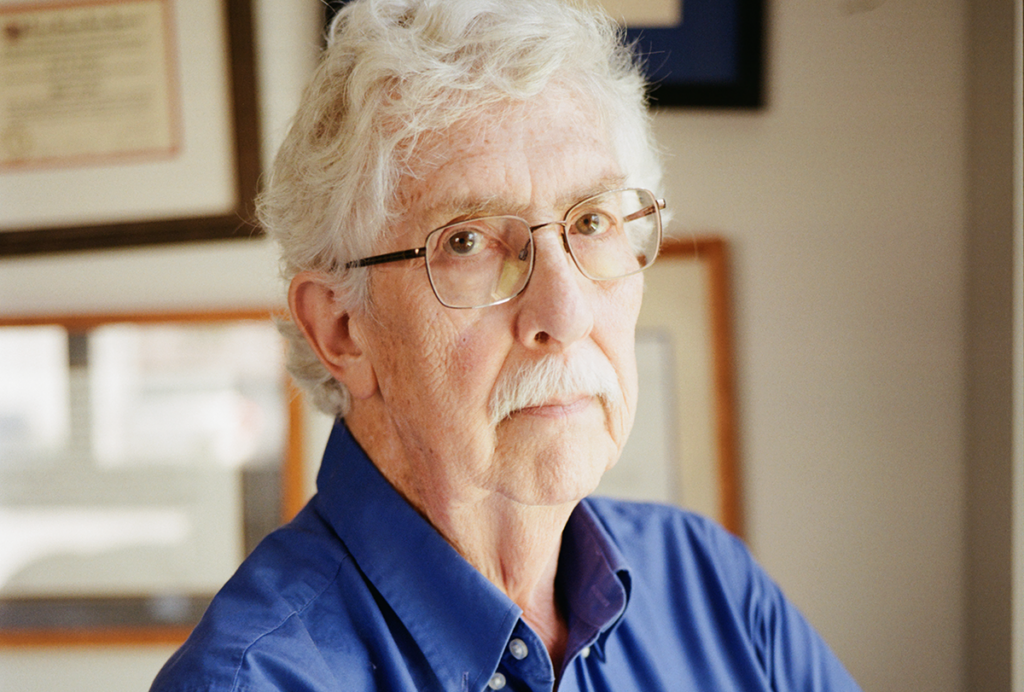
How pragmatism and passion drive Fred Volkmar—even after retirement
Whether looking back at his career highlights or forward to his latest projects, the psychiatrist is committed to supporting autistic people at every age.
The brain’s quiet conductor: How hidden cells fine-tune arousal
New research published today suggests that the pericoeruleus acts as a kind of micromanager of arousal, selectively inhibiting different subgroups of locus coeruleus neurons depending on the behavioral context.
The brain’s quiet conductor: How hidden cells fine-tune arousal
New research published today suggests that the pericoeruleus acts as a kind of micromanager of arousal, selectively inhibiting different subgroups of locus coeruleus neurons depending on the behavioral context.